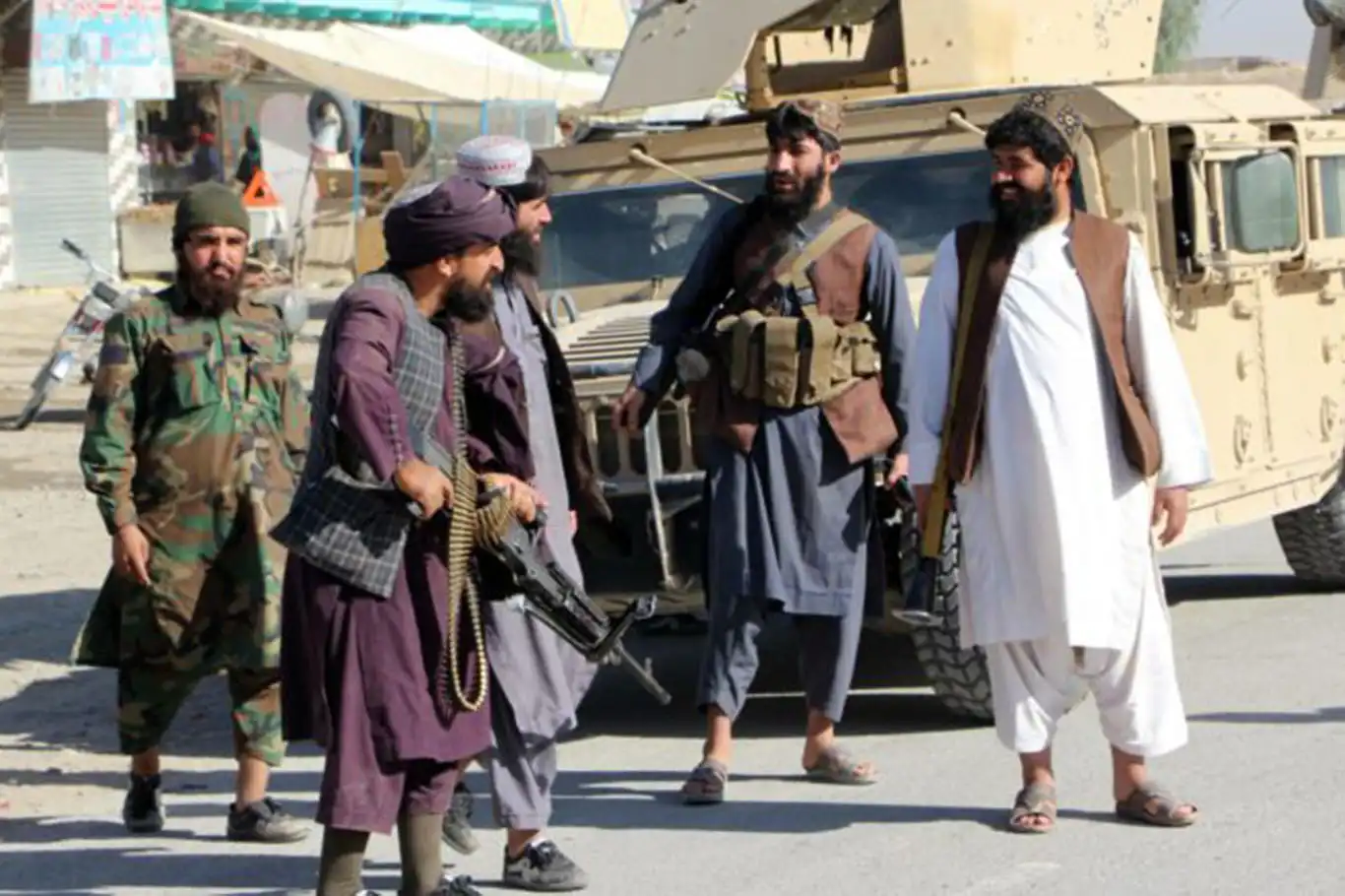Pakistani delegation arrives in Doha for high-level talks with Afghan officials


A senior Pakistani delegation has arrived in Doha, the capital of Qatar, to hold critical talks with representatives of the Islamic Emirate of Afghanistan, marking a significant step toward de-escalation following last week’s deadly border clashes between the two neighboring countries.
The Pakistani team, led by Defense Minister Khawaja Asif and Intelligence Chief Asim Malik, is scheduled to meet with an Afghan delegation headed by Mullah Mohammad Yaqub Mujahid, the Islamic Emirate’s Defense Minister, and Abdul Haq Wasiq, the head of intelligence. The Afghan delegation is expected to arrive in Doha on Saturday, with formal discussions set to begin shortly thereafter.
Diplomatic sources in Qatar confirmed that the 48-hour ceasefire announced earlier this week has been extended at Pakistan’s request until the end of the Doha talks. The negotiations—facilitated jointly by Qatar and Turkey—are aimed at calming the escalating tensions that erupted along the Durand Line, where recent clashes left several soldiers and civilians dead on both sides.
According to officials familiar with the discussions, the extension of the ceasefire, border management, and bilateral security coordination will top the agenda. The talks also seek to develop mechanisms to prevent future military confrontations and restore diplomatic trust between Islamabad and Kabul.
Sources within the Islamic Emirate told reporters that Kabul’s delegation will emphasize Afghanistan’s commitment to peaceful coexistence and its rejection of Pakistan’s repeated accusations that Afghan territory is being used for attacks. The Emirate maintains that it has consistently worked to secure the border and prevent unauthorized armed activity.
In Islamabad, Pakistan’s Foreign Ministry spokesperson Shafqat Ali Khan said: “Pakistan wants a peaceful, stable, regionally connected, and prosperous Afghanistan. We expect the Taliban government to act responsibly, honor its commitments, and play a constructive role in eliminating terrorism.”
Afghan officials, meanwhile, reiterated that Afghanistan is committed to maintaining good relations with all neighboring states, but that sovereignty and non-interference remain non-negotiable. An Afghan security source told Al-Mirsa News that “the Islamic Emirate seeks mutual respect and cooperation, but will not accept external pressures or violations of its borders.”
Regional analysts note that China, Turkey, and Iran have all expressed concern over the rising tensions between Afghanistan and Pakistan, warning that continued instability could threaten broader regional connectivity projects, including the China–Pakistan Economic Corridor (CPEC) and potential trade routes through Central Asia.
Officials in Doha reported that the atmosphere of the preliminary talks has been positive, with both delegations expressing willingness to establish a joint mechanism to monitor the ceasefire and prevent further border clashes.
Sources also suggest that a second round of talks could take place in Istanbul next month to finalize agreements on trade, security cooperation, and refugee management.
For now, the Doha talks represent a significant diplomatic opportunity for both sides to rebuild trust after months of tension. If successful, the process could mark the beginning of a new era of neighborly cooperation between the Islamic Emirate and Pakistan—anchored in dialogue, mutual respect, and regional peace. (ILKHA)
LEGAL WARNING: All rights of the published news, photos and videos are reserved by İlke Haber Ajansı Basın Yayın San. Trade A.Ş. Under no circumstances can all or part of the news, photos and videos be used without a written contract or subscription.
Iran’s Foreign Ministry has welcomed the official expiration of United Nations Security Council Resolution 2231, reaffirming that all restrictions on its peaceful nuclear program have come to an end.
The humanitarian toll in Gaza continues to rise despite a ceasefire declared earlier this month, with medical authorities reporting that at least 68,116 Palestinians have been killed and 170,200 others injured since Israel began its large-scale assault on the besieged enclave in October 2023.
Three people were killed and five others injured in a powerful explosion at the Avangard chemical plant in the Russian republic of Bashkortostan.
A week after devastating floods swept through five central and eastern Mexican states, the federal government confirmed that the death toll has risen to 72, with another 48 people still missing.